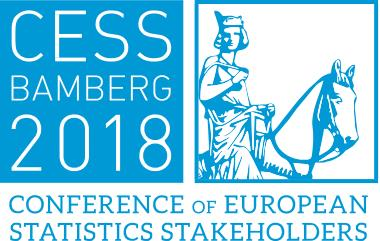Asking sensitive questions in surveys is a challenge because respondents are required to self-report behaviors or attitudes that potentially violate social norms. Norm violations are often formally or informally sanctioned, so respondents are reluctant to reveal potentially stigmatizing information in a survey interview. Therefore, respondents may choose to misreport on sensitive topics and adjust their answers in accordance with social norms. Systematic misreporting and item nonresponse may introduce considerable bias to the measurement of sensitive topics and lower the overall data quality of a survey study.
To combat misreporting on sensitive topics, survey designers developed various data collection strategies (“dejeopardizing techniques”) trying to elicit more honest answers from respondents by increasing the anonymity of the question-and-answer process.
